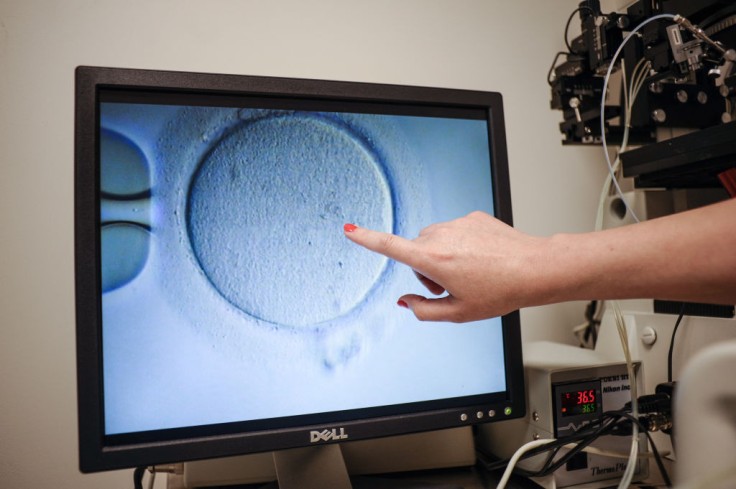
Experts might have found a way to improve fertility treatments and extend a woman's reproductive lifespan following the discovery of a gene that controls the age of menopause.
In a study published in the Nature journal, the experts were able to identify close to 300 gene variants that are part of the DNA pathway that ties to menopause. These genes may predict the age when a woman will stop having periods and determine a woman's risk of early menopause.
The findings could facilitate future studies that will help doctors develop better fertility treatments or extend a woman's natural reproductive lifespan. The study authors said that their discovery might even help other studies on the impact of women's hormones and certain cancers.
The Genetic Signals
According to the scientists from Cambridge, Copenhagen, and Exeter, their mice test subjects developed a longer reproductive lifespan after inhibiting two specific genetic signals, CHEK1 and CHEK2. The researchers also tried to block one of the genes (CHEK2), resulting in the mice's body releasing more eggs after IVF. It suggested that a lack of CHEK2 protein can extend menopause by at least three years or improve the fertility chances of a patient.
University of Exeter's Dr. Katherine Ruth said that their discovery might eventually provide women the leeway to plan for their future. Further studies may help fertility doctors predict if their patients will experience early menopause, affecting their plans to get pregnant the natural way. It may also be possible for fertility doctors to develop short-term inhibition procedures so their patients will respond better to IVF.
Probing the genetic signals further also showed that early menopause might increase the risk of type 2 diabetes and fractures due to poor bone health. However, early menopause may lower the risk of ovarian or breast cancer. The experts assumed that this could be due to the shorter exposure to sex hormones that trigger menstruation.
The experts, however, said that their discovery of the genetic signals is still in the early stages, and it will take some time before their methods are tried on humans.
A Woman's Reproductive Lifespan
The reproductive lifespan of a woman begins at puberty and ends at menopause. However, the age of menopause varies with every woman between 40 to 60 years old. About one percent of women may stop menstruating at the age of 40, while the average age of menopause in the U.S. is around 51. There are various health markers and genetic markers that determine menopause, coupled with a woman's lifestyle and environment.
The study focused on the genetic markers to help women determine their fertility window. While there are existing tests that can measure women's fertility hormones, the decline has started by the time it's detected. There are still no tests that can determine when the decline will begin, and ultimately, this is what the study aims to achieve so women can have more informed choices.